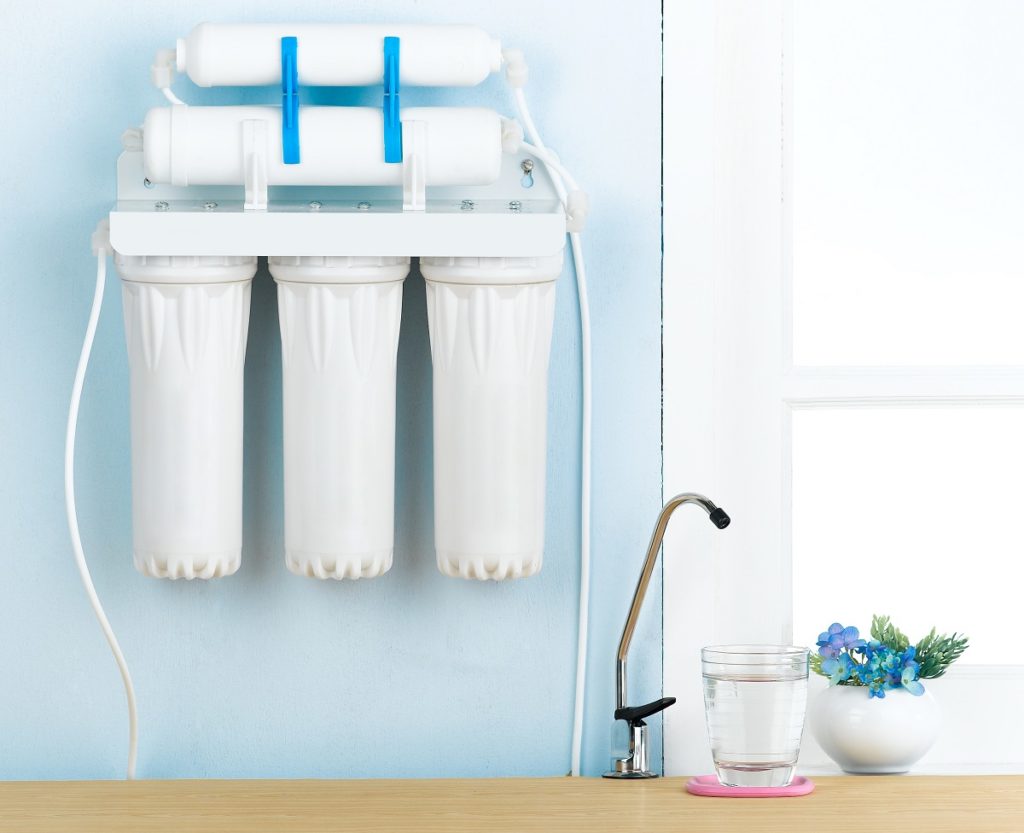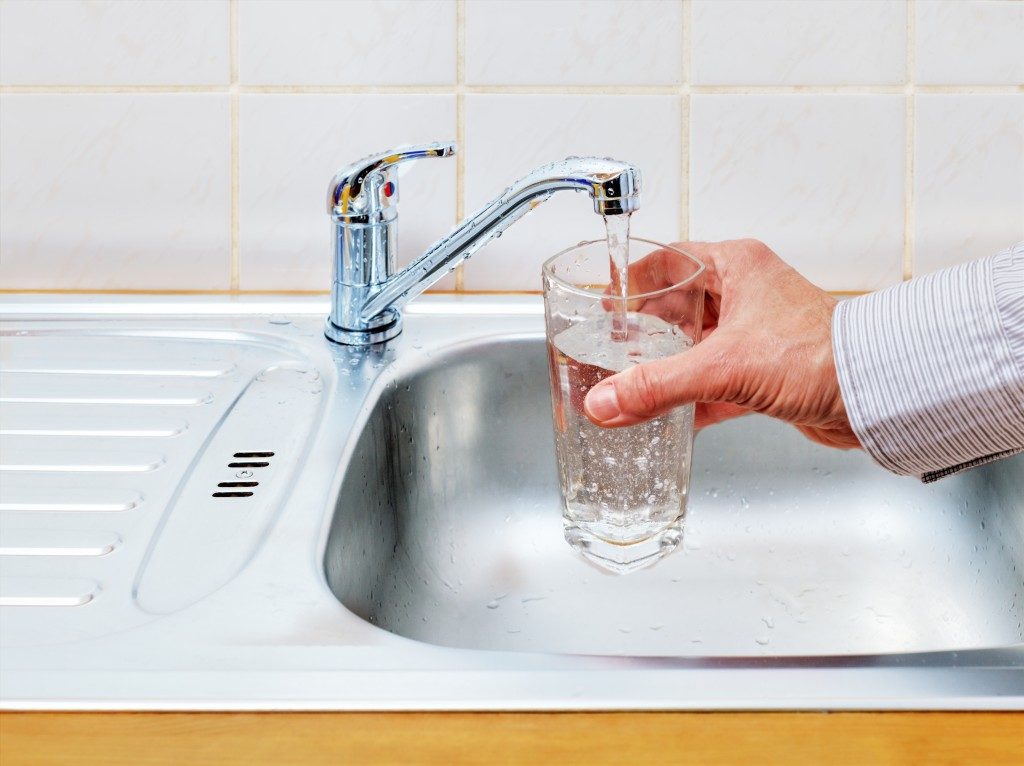As a human, you want clean and soft water for consumption. Also, engaging a water expert can help you know how properly treating your water can enhance your health. A Utah-based water purification firm recommends that you always confirm that your water has undergone all the necessary filtration and softening to ensure that it is safe for drinking and home use. You want to have water that is tasty and free from odors.
It, therefore, is crucial that you conduct frequent inspections of your plumbing and water systems for contamination and similar problems. Simple leakages in and wearing out of plumbing systems can cause water contamination. That aside, a water purification specialist can help you to find what, between a softener and filter, will work best for you by addressing the following concerns:
Do You Need a Water Softener?
These are products that help you deal with the hardness of water, which occurs when there are high levels of calcium and magnesium in the water. These could also include many other dissolved mineral substances. Often, the best solution here is to work with products that introduce salts that neutralize the effect of the hardening mineral compounds. The result is that the water composition changes to one that is safe for home use.
How About Water Filtration?

You use this technique when dealing with highly contaminated water. Filtration helps you deal with contaminants such as pesticides, metals, sediments and inorganic chemical compounds, which, in most cases, is a rigorous process that includes reverse osmosis and many other procedures. However, the level of filtration you perform in the house will depend on the amount and type of contaminants in your home’s water supply.
More on Reverse Osmosis
Reverse osmosis, as a component of filtration, is one of the most complex but highly effective water filtration procedures. You do this when dealing with minerals and solid substances in water. In this process, specialized membranes filter out the water for household use. You are now free to use it for drinking and cooking. This process is only possible by exerting pressure on solute solutions through a semi-permeable membrane that works as a sieve such that only pure water makes it to the opposite side. The membrane traps any foreign elements that have large molecules.
Conclusion: What Works Best for You?
The best solution for you here will depend on the level of contamination in your home’s water. If the water is from aquifers that are in contact with natural minerals like limestone, you get hard water, which will necessitate you use softeners to deal with that. Where you deal with bad taste and smell, filtration is the way to go. Well, it is true that it can get a little tricky to know which water purification techniques to use, agrees a Utah-based water purification and softening firm. Water contamination demands you hire an expert to run tests to ascertain the exact purification methods that will make your water safe for drinking and home use. Harmful chemicals don’t always have a taste. You do not want to guess your way around that and compromise the health of your loved ones. Go professional! Choose right!

